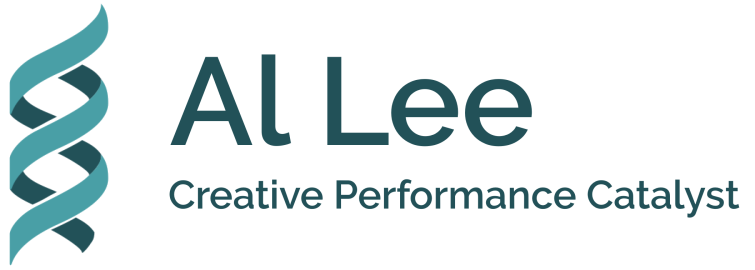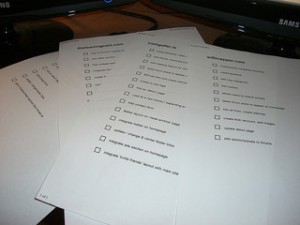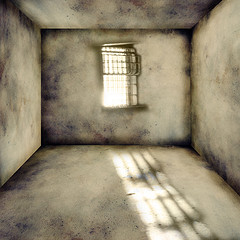Most everyone I know uses a task list. New science shows it can make you more efficient and effective. It can take you from busy to super productive. Used improperly it can be a source of stress, frustration, and make you much less productive.
I’m pretty sure I would be homeless without mine.
So what’s up with task lists? What helps us? What hinders us? What does the latest science tell us? Quite a lot it turns out, about each of these questions.
Distraction, Diversion, and Lost Brain-Power
There are several different effective approaches depending on your style and situation. Leo Babuto, author of “The Power of Less” advocates for only having a single priority at any given time. David Allen, the creator of the “Getting Things Done” system uses a system of 43 folders. A high-ranking military officer said that she “made a list, rated every task with a high, med, or low priority and then crossed out everything below ‘high'”.
There is fascinating new science around task lists and how they affect your brain – Roy Baumeister, in his book “Willpower”, cites solid research showing that unfinished tasks continue to occupy your thoughts. That distracts you from the task at hand making you less effective. Your mind continues to dwell on unfinished tasks, and that diverts essential brainpower from the current task. When you have a task list that spans multiple pages, you are talking about a lot of distraction, diversion and lost brainpower.
Set and Forget
I recently made a list of tasks that I needed (or wanted) to complete in the upcoming week. There were 52 items on it. Best-case scenario, I could only accomplish a handful of those on any given day. But according to the science, all the other items will be nagging my brain and reducing my effectiveness and creativity.
So what to do with those nagging tasks?
It turns out that if you just take the simple step of making a plan to finish the task – set a date and time to revisit it – the mind stops processing it. That frees up more focus and attention for the task at hand, which makes you more effective as has been shown by study after study.
Think of the things you could do with that extra brainpower. You might learn Portuguese or discover a new particle!
Hacking Your Task List
They key principle here is to do one of three things whenever you identify or are assigned a new task:
1. Do it right now (especially if it takes 2 minutes or less)
2. Make a plan to revisit it at some specific time in the future (write it down or put it on the calendar)
3. Forget it.
Just putting it on a task list is counter-productive. I try to have only two types of tasks on my task list – things I have to do today, and 2-3 things that I would like to get done today if I have time.
So what to do with the other 47 other important things that you’ve got on your list right now? I’ll provide you with some simple, powerful, yet practical ideas for that in my next post.
In the meantime, I’d love to hear your thoughts! What works for you?






